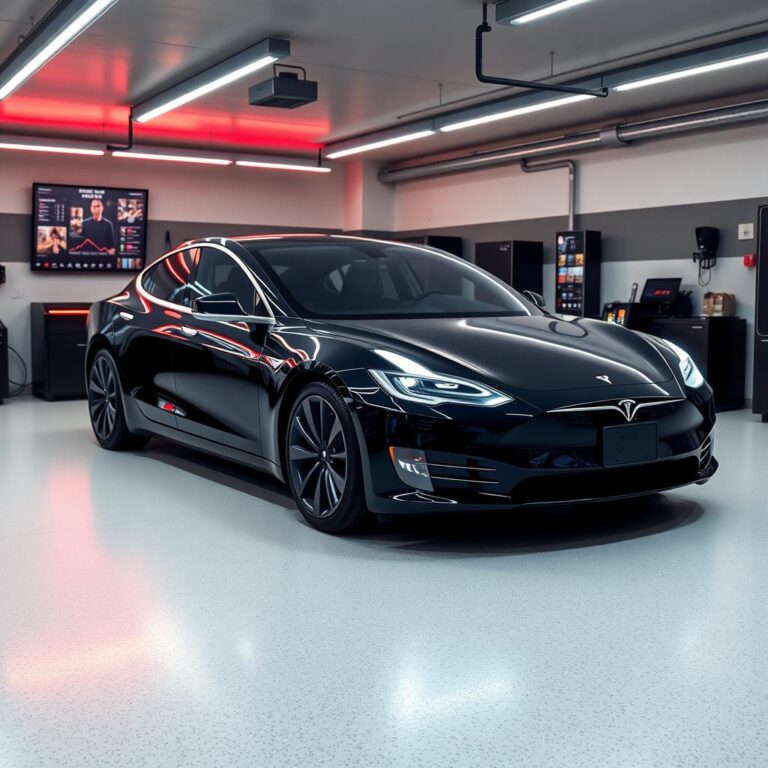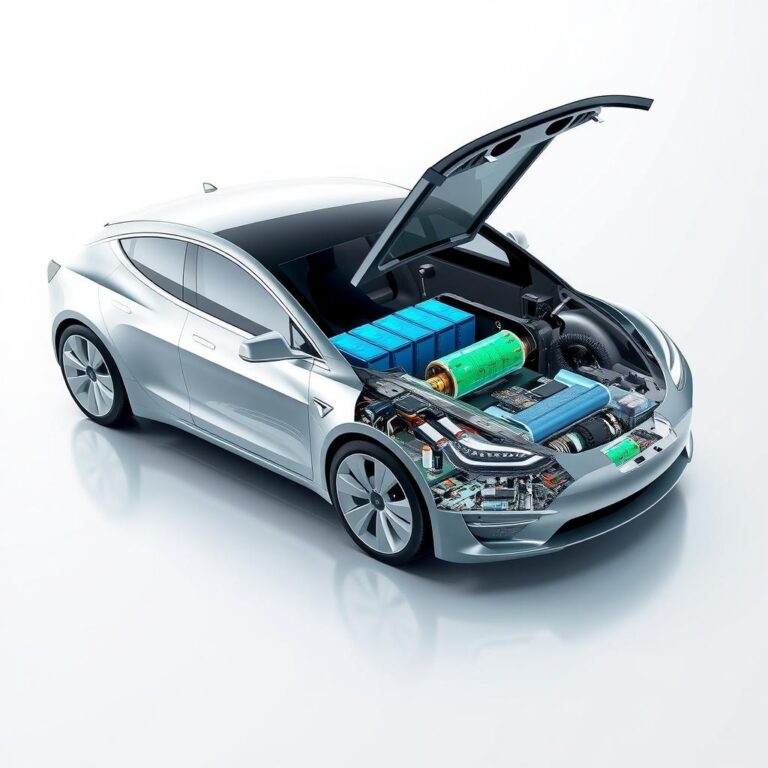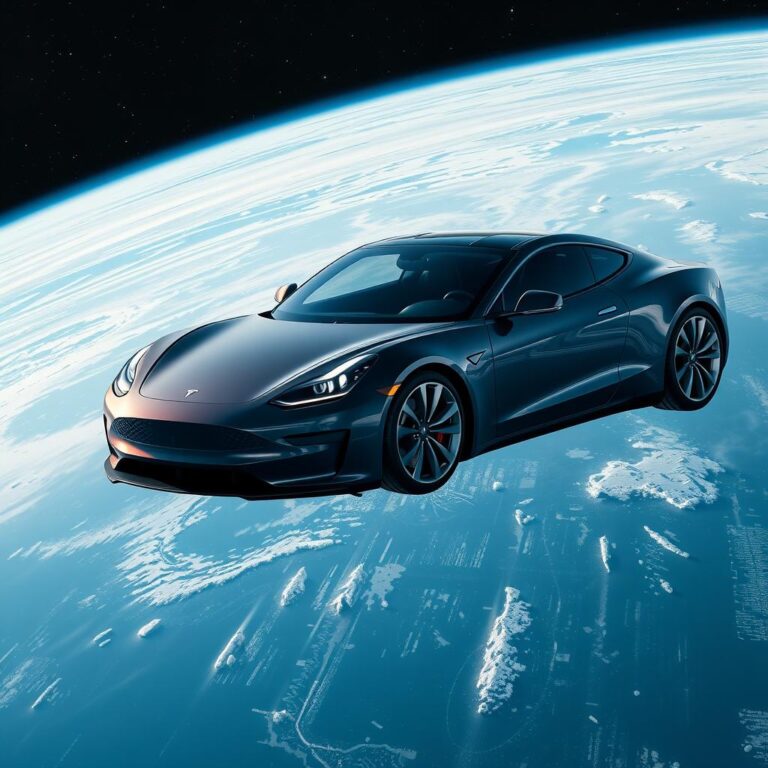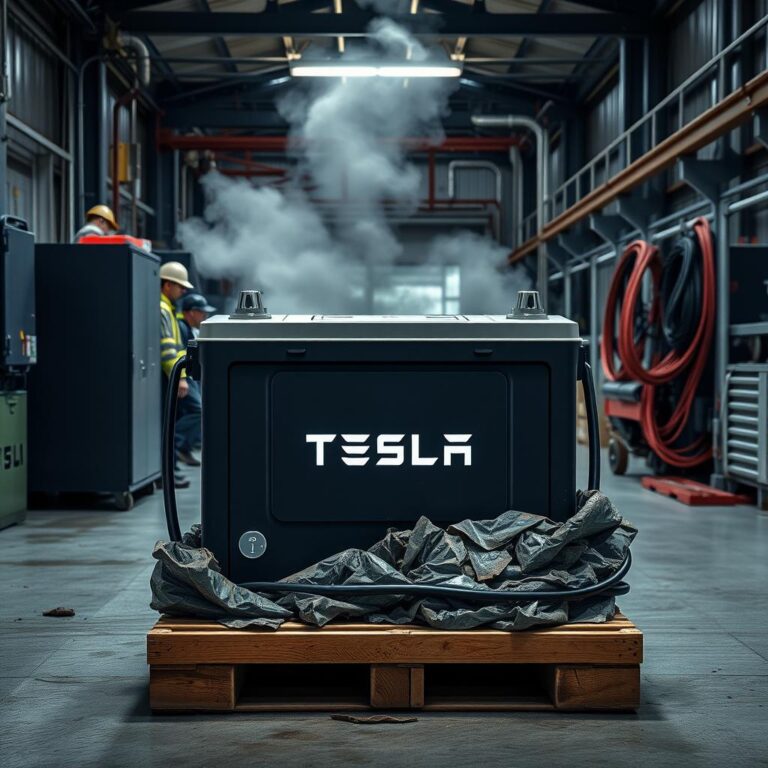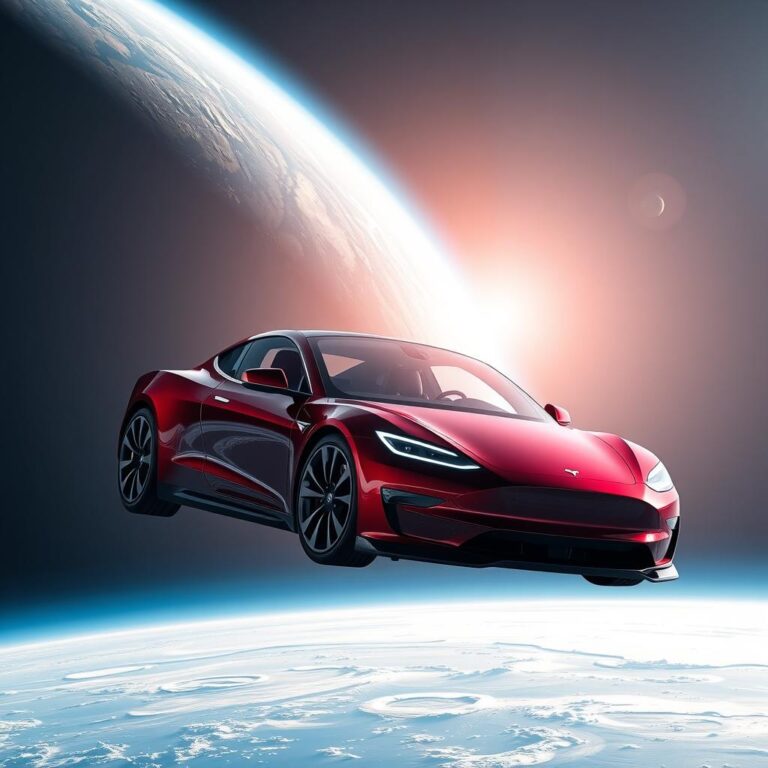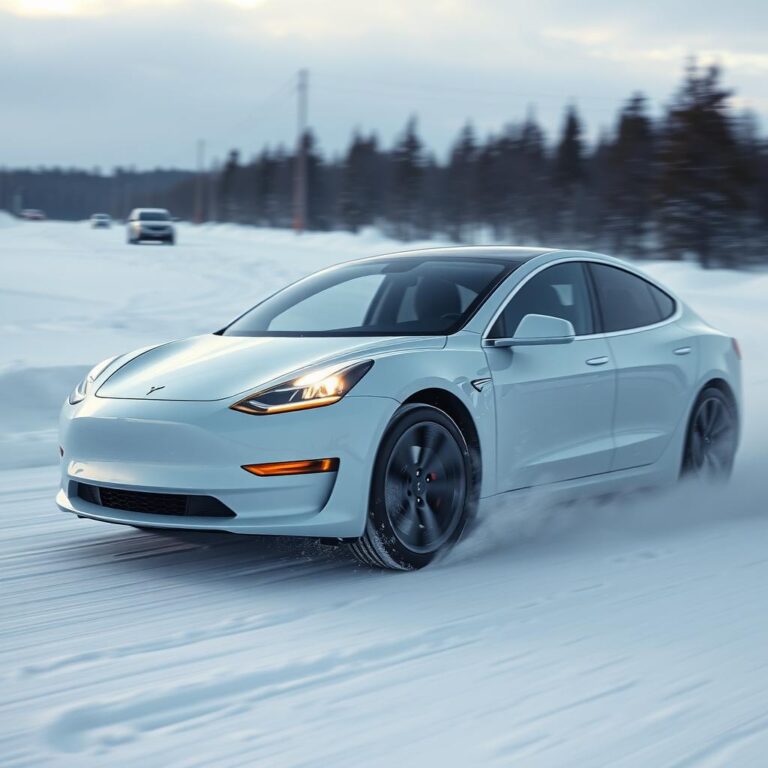Are Tesla Cars In India?
Are Tesla Cars Available in India? A Detailed Overview
Tesla has become a global leader in electric vehicles (EVs), and its high-performance, eco-friendly cars have attracted attention worldwide. But are Tesla cars available in India? As the demand for electric vehicles continues to grow in the country, many Indian consumers are wondering if they can get their hands on a Tesla. In this article, we’ll explore the availability of Tesla cars in India, the challenges of bringing Tesla to the Indian market, and what it could mean for the future of EVs in the country.
Is Tesla Currently Selling Cars in India?
As of now, Tesla cars are not officially available for purchase in India. While there has been significant interest and speculation about Tesla entering the Indian market, the company has yet to launch its vehicles for sale. Tesla CEO Elon Musk has expressed interest in bringing the company’s electric cars to India, and there have been discussions with the Indian government regarding setting up a manufacturing base and creating an EV-friendly infrastructure.
While Tesla has not yet officially entered the Indian market, there have been several notable developments in recent years:
- Tesla’s India Office: In 2021, Tesla set up an office in Bengaluru, Karnataka, signaling the company’s plans to explore opportunities in India.
- Model 3 Testing: Tesla has been spotted testing the Model 3 in India, indicating that the company is preparing to launch some of its models in the country.
- Government Support: The Indian government has been promoting electric mobility through various incentives and policies, including subsidies for electric vehicles, which could encourage Tesla’s entry into the market.
While these developments are promising, it’s important to note that Tesla has not made any official announcements regarding a full-scale launch or availability of its cars in India. However, the presence of Tesla’s India office and the ongoing discussions with the government are clear signs that the company is actively exploring the Indian market.
Why Hasn’t Tesla Launched in India Yet?
There are several reasons why Tesla has not yet launched its cars in India, despite the company’s global success. Here are some of the key factors that have contributed to the delay:
1. Import Tariffs and High Costs
One of the major challenges that Tesla faces in India is the country’s high import tariffs on vehicles. Currently, India imposes heavy taxes on imported cars, which can significantly increase the cost of foreign-made vehicles. In fact, import duties on electric vehicles can be as high as 100%, which makes it difficult for companies like Tesla to sell their cars at competitive prices.
Tesla’s premium models, such as the Model S and Model X, would be particularly affected by these import tariffs, making them unaffordable for many Indian consumers. Even Tesla’s more affordable Model 3 could face pricing challenges due to these import duties. For Tesla to succeed in India, the government may need to reduce import tariffs or allow for local manufacturing, which could help lower the price of the vehicles.
2. Charging Infrastructure Challenges
One of the key challenges for electric vehicles in India is the lack of a comprehensive and widespread charging infrastructure. While Tesla has a robust network of Supercharger stations in other countries, India’s EV charging network is still in its infancy. Without a reliable network of fast-charging stations, Tesla owners would face significant challenges when it comes to long-distance travel and everyday charging.
The Indian government is working to improve the EV charging infrastructure with plans to set up more charging stations across the country. However, the process of building the infrastructure needed to support electric vehicles on a large scale will take time. This lack of charging infrastructure could be a major roadblock for Tesla’s entry into the market, as consumers would be hesitant to purchase electric cars if they cannot easily charge them.
3. Competition from Local EV Manufacturers
While Tesla is undoubtedly a leader in the electric vehicle market, India has seen a rise in local electric vehicle manufacturers that are starting to gain traction. Companies like Tata Motors, Mahindra Electric, and Ola Electric are developing affordable EVs that cater to the Indian market’s unique needs. These manufacturers are focused on offering cost-effective electric cars and scooters that align with the budgets of Indian consumers.
For Tesla to succeed in India, it will need to compete with these local EV makers, who may have a better understanding of the local market and consumer preferences. Tesla’s premium pricing and brand positioning could make it more difficult for the company to attract customers in India, where price sensitivity is a key factor in purchasing decisions.
What Are the Potential Benefits of Tesla Entering the Indian Market?
Despite the challenges, there are several reasons why Tesla’s entry into India would be a positive development for the country. Here are some potential benefits:
1. Promoting Clean and Sustainable Energy
India is one of the largest producers of greenhouse gases, and air pollution is a significant problem in many Indian cities. By introducing its electric vehicles to India, Tesla could help promote clean and sustainable energy. Tesla’s vehicles produce zero tailpipe emissions, making them a more environmentally friendly option compared to traditional gasoline-powered cars.
The availability of Tesla cars in India could contribute to the government’s goal of reducing carbon emissions and promoting sustainable mobility. In addition to selling cars, Tesla could also help raise awareness about the importance of electric mobility and drive the adoption of clean energy solutions in India.
2. Advancing India’s EV Market
Tesla’s entry into the Indian market would undoubtedly have a positive impact on the local electric vehicle ecosystem. The presence of Tesla would not only boost demand for electric cars but also encourage the development of better charging infrastructure, government incentives, and more investment in clean energy solutions.
Additionally, Tesla’s entry could serve as a catalyst for innovation, encouraging other manufacturers to improve their EV offerings and compete in the electric vehicle space. Tesla’s global reputation for cutting-edge technology and high performance could set a new standard for electric cars in India, driving both local and international automakers to up their game.
3. Job Creation and Economic Growth
If Tesla establishes a manufacturing plant in India, it could create thousands of jobs and contribute to the country’s economic growth. Tesla has been known to set up factories in countries where it operates, and the establishment of a production facility in India could provide jobs in manufacturing, research and development, sales, and service.
The Indian government has also been actively working to attract foreign investments in the electric vehicle sector, offering incentives and subsidies to companies looking to establish manufacturing bases in the country. Tesla’s presence could help create a sustainable EV ecosystem and boost India’s position as a leader in electric vehicle production.
Conclusion: Are Tesla Cars Available in India?
Currently, Tesla cars are not officially available in India, but there is significant potential for Tesla to enter the Indian market in the future. The company has set up an office in Bengaluru and is in discussions with the Indian government about setting up a manufacturing base. However, challenges such as high import tariffs, a lack of charging infrastructure, and competition from local manufacturers have delayed Tesla’s official launch in India.
While the full launch of Tesla in India is not yet confirmed, the company’s interest in the country and the growing demand for electric vehicles make it likely that Tesla will eventually make its way to India. As the country continues to invest in clean energy solutions and improve its EV infrastructure, Tesla’s entry into the Indian market could help drive the adoption of electric vehicles and contribute to a cleaner, more sustainable future.
For now, Indian consumers who are eager to own a Tesla will have to wait for the company to officially enter the market. However, with the ongoing developments, Tesla’s arrival in India seems like a matter of when, not if.
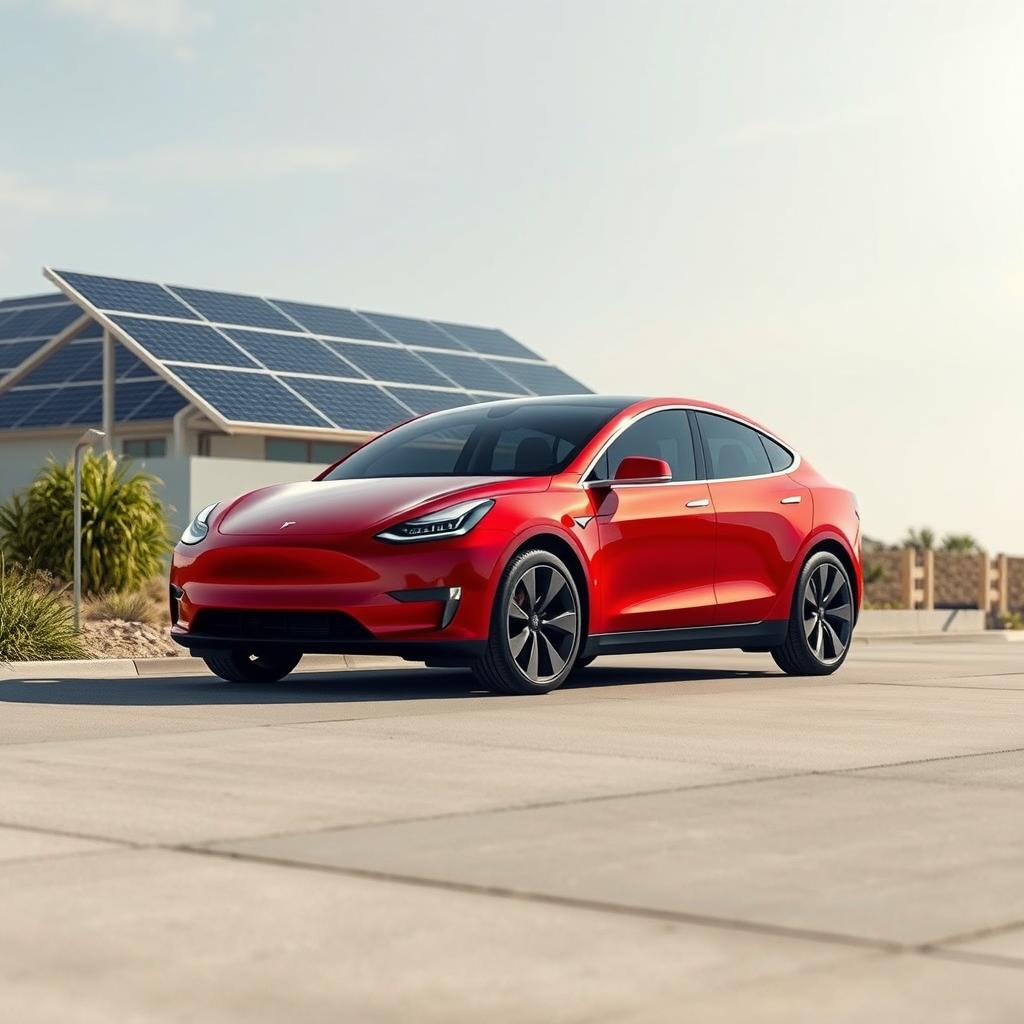
What Models Could Tesla Launch in India?
If and when Tesla enters the Indian market, the company will likely offer a selection of its most popular models. However, there are certain factors that Tesla will need to consider, such as local market demand, pricing, and the availability of infrastructure. Let’s take a look at which Tesla models might be best suited for the Indian market.
Tesla Model 3
The Tesla Model 3 is the most affordable model in Tesla’s lineup and is one of the best-selling electric vehicles globally. With a starting price that is lower than the Model S or Model X, the Model 3 would likely be Tesla’s entry model for the Indian market. The Model 3 is known for its excellent range, impressive performance, and minimalistic interior. Its affordability, combined with the advanced technology and high performance, makes it an ideal candidate for Indian consumers looking for a premium electric vehicle.
In addition, the Model 3 is available in several variants, including a Long Range version and a Performance variant. These options give potential buyers the ability to choose based on their needs for range and driving experience. While the Model 3 would likely still be priced higher than some local EVs, it could become a popular choice among India’s growing upper-middle-class and tech-savvy consumers.
Tesla Model Y
The Tesla Model Y is a compact SUV that shares many of its components with the Model 3, including its platform and electric drivetrain. With its spacious interior, larger cargo capacity, and higher driving position, the Model Y could be an attractive option for Indian buyers who prefer SUVs over sedans. The Model Y’s affordability compared to the larger Model X and its impressive range and performance make it an excellent candidate for the Indian market, especially as the demand for SUVs continues to rise in the country.
The Model Y would likely appeal to families or individuals looking for a versatile, eco-friendly vehicle with ample space. Its electric powertrain and Tesla’s reputation for advanced technology and safety features would also make it a great fit for Indian consumers who are looking for a sustainable option without compromising on utility and comfort.
Tesla Model S and Model X
The Tesla Model S and Model X are Tesla’s luxury models, offering top-of-the-line performance, range, and features. While these vehicles are popular in markets like the United States and Europe, they may not be as affordable or practical for the majority of Indian consumers. The higher price point, combined with import tariffs, could make these models less competitive in the Indian market, where cost sensitivity is a significant factor for many buyers.
However, Tesla could still consider offering these models in India for high-net-worth individuals and early adopters who are willing to pay a premium for performance and luxury. The Model S, with its industry-leading range and high-speed performance, could attract consumers looking for the ultimate electric driving experience. Similarly, the Model X, with its innovative falcon-wing doors and seven-passenger capacity, could appeal to larger families or those seeking a unique luxury SUV. However, the costs associated with these models may limit their market size in India.
The Future of Tesla in India: What Could Happen Next?
The potential for Tesla in India is huge, but a successful launch will depend on several factors coming together. While the company has made initial moves by setting up an office in Bengaluru and testing its vehicles in the country, there are still many challenges to overcome. Let’s explore what the future of Tesla in India might look like and what could happen next:
Government Support for Electric Vehicles
The Indian government has shown strong support for electric vehicles through various policies, subsidies, and incentives. These initiatives aim to promote the adoption of EVs and reduce the country’s dependence on fossil fuels. If Tesla can benefit from these policies, the company may find it easier to enter the market at an affordable price point.
For example, the Faster Adoption and Manufacturing of Hybrid and Electric Vehicles (FAME) scheme offers subsidies for the purchase of electric vehicles and the development of EV infrastructure. Additionally, the Indian government has set ambitious targets for EV adoption, which could be further accelerated by the entry of global players like Tesla. With continued government support, Tesla’s entry into India could be a win-win for both the company and the country’s transition to clean energy.
Local Manufacturing in India
To make its cars more affordable in India, Tesla may eventually need to set up local manufacturing operations. By establishing a factory in India, Tesla could reduce the impact of import tariffs, lower production costs, and offer more competitive pricing to Indian consumers. Local manufacturing would also enable Tesla to create jobs in India and contribute to the growth of the local EV ecosystem.
There have been discussions about Tesla establishing a factory in India, with potential sites being considered in various states. If Tesla moves forward with local production, it could significantly reduce the cost of its vehicles, making them more accessible to a wider audience. Additionally, local manufacturing would help Tesla meet the growing demand for electric vehicles in the country, especially as more consumers embrace eco-friendly transportation options.
Challenges Tesla May Face in India
While there is a lot of potential for Tesla in India, the company will need to address several challenges to succeed in the market. Here are some key hurdles Tesla may need to overcome:
- Charging Infrastructure: The availability of charging stations is critical for the success of electric vehicles. India’s charging infrastructure is still developing, and Tesla would need to work closely with the government and private entities to expand its network of Superchargers and other charging options across the country.
- Affordability: Tesla’s cars are premium vehicles, and even the Model 3 is priced higher than many locally produced EVs. Tesla will need to ensure that its vehicles are priced competitively, or it may struggle to attract the mass-market consumer.
- Competition from Local EV Manufacturers: Local EV manufacturers like Tata Motors, Mahindra Electric, and others are already gaining traction in India with affordable electric cars. Tesla will need to compete with these local players who are well-established in the Indian market and have a better understanding of consumer preferences.
Conclusion: Are Tesla Cars Available in India?
As of now, Tesla cars are not officially available in India, but there are strong indications that the company is preparing to enter the market. Tesla has set up an office in India, tested its vehicles, and engaged in discussions with the government regarding the potential for local manufacturing. While the company faces challenges such as high import tariffs, limited charging infrastructure, and competition from local manufacturers, Tesla’s commitment to sustainability and innovation could help it succeed in India once these obstacles are addressed.
The future of Tesla in India looks promising, and many Indian consumers are eagerly waiting for the opportunity to purchase a Tesla. With the right pricing, government support, and infrastructure in place, Tesla’s official entry into the Indian market could help drive the adoption of electric vehicles and contribute to a cleaner, more sustainable future in India.
For now, while Tesla’s cars are not available for sale in India, the growing interest in EVs and Tesla’s ongoing efforts suggest that it is only a matter of time before the company officially enters the Indian market.

